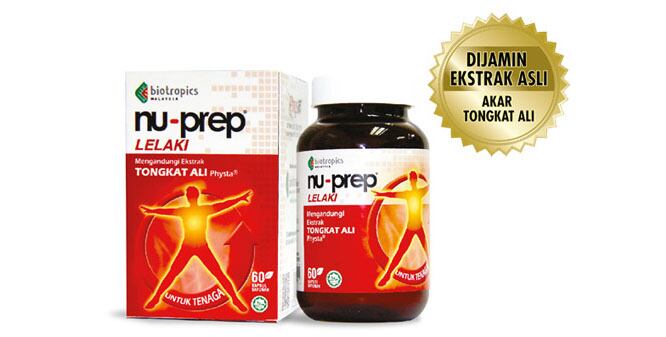Tongkat ali is an extract from the root of the small tree Eurycoma longifolia, which is widely consumed as a beverage in South East Asia where brands like Nestlé, Power Root and Ali Cafe market products legally.
The extract has also been marketed in the US for 13 years without reports of harmful effects, according to the application from Biotropics Malaysia Berhad, which sells the botanical under the brand name Physta.
In the EU however it is classified as an unauthorised novel food.
However according to Dr Luca Bucchini, managing director of Hylobates Consulting in Rome, this hasn’t stopped products containing the botanical from circulating in the bloc.
Sold despite ban
“Some EU-based e-commerce retailers have several products with the ingredient, despite the formal ban,” he told us.
Indeed the EU’s Rapid Alert System for Food and Feed (RASFF) shows a case as recently as last week rejected at the border as a result of this novel food status.
‘Nature’s Viagra’
Traditionally boiled down and made into a tonic for aphrodisiac effects, virility and energy, the botanical is sometimes referred to as ‘nature’s Viagra’.
In women it is traditionally used after childbirth to regain strength.
Biotropics Malaysia Berhad’s application seeks approval for Tongkat ali root extract as an ingredient in beverages including coffee and teas and sports and energy drinks as well as in chocolate, confectionery, cereal bars, products for special nutritional use and food supplements.

In food matrices doses would range from 50 to 75 mg per serving and in food supplements up to 200 mg per day.
Comments on the application must be sent to the UK's FSA by 23 September 2016.
